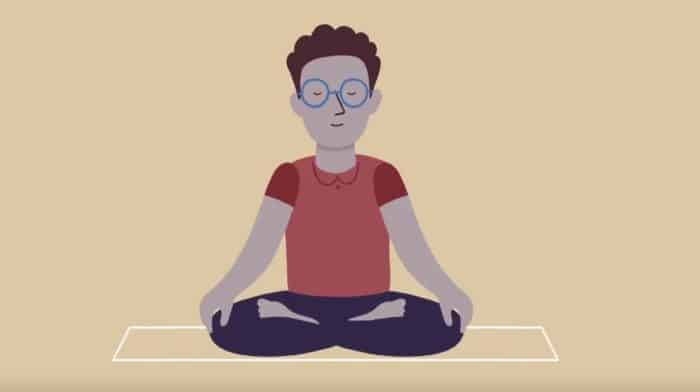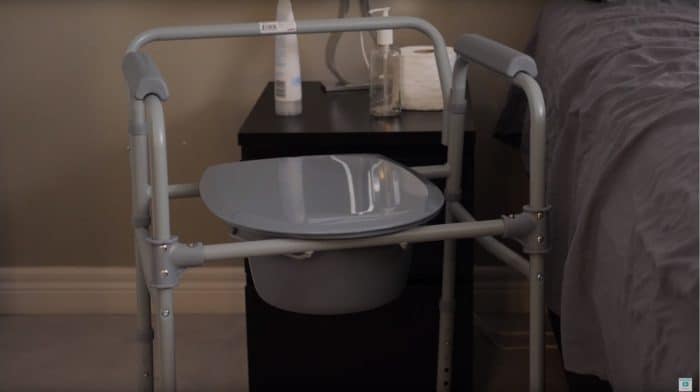Understanding Medicinal Cannabis and Its Uses
Since cannabis was legalized in Canada for both recreational and medicinal purposes, you might be wondering if cannabis could help the person you’re caring for. In addition to recreational use, cannabis, also known as marijuana, is being used by many Canadians to help to improve symptoms of their medical conditions. More people, including those over 65 years of age are using cannabis every day, and many are finding that cannabis gives them relief from common problems like pain or trouble sleeping, but it’s not for everyone.
In this video, we’ll review what cannabis is, how it can help, what the risks are and what steps to take if you think it’ll help someone you’re caring for.
Since cannabis was legalized in Canada for both recreational and medicinal purposes, you might be wondering if cannabis could help the person you’re caring for.
In addition to recreational use, cannabis, also known as marijuana, is being used by many Canadians to help to improve symptoms of their medical conditions.
More people, including those over 65 years of age are using cannabis every day, and many are finding that cannabis gives them relief from common problems like pain or trouble sleeping, but it’s not for everyone.
In this video, we’ll review what cannabis is, how it can help, what the risks are and what steps to take if you think it’ll help someone you’re caring for.
Medicinal cannabis is a plant that’s grown in licensed greenhouses all over Canada, just like other crops such as tomatoes.
When the female plant matures, it has a flower that contains two main active medications, they’re called THC and CBD. These flowers are used to make cannabis oil or dried.
Each different cannabis strain has a different amount of THC and CBD medications and they have some different effects on the body.
THC is the part of cannabis that gives you high sensation and can help with nausea and sleep problems and CBD is the part of cannabis that helps more for medicinal purposes like anxiety or seizures. They both can help relieve pain.
For some, cannabis is still considered a recreational drug. Many people still feel that using cannabis is bad, that it can be a gateway drug or become an addiction.
Cannabis addiction can happen, but it is less habit forming than alcohol, opioids, and nicotine. Usually, addiction isn’t a problem for people using it for medical conditions.
If you think it could help the person you’re caring for, start by asking if they’re interested in learning more.
It’s important to be aware that some websites on the internet will say that cannabis can be used to cure almost any condition and the truth is we don’t know yet what its potential is.
Right now, medicinal cannabis is only used to help with symptoms like pain or nausea.
It’s also most often used after other treatments and medications have been tried and don’t provide enough relief.
This doesn’t mean that it’s for everyone. Some people have found that it doesn’t give them relief at all or it causes too many side effects like drowsiness, dizziness, red eyes, low blood pressure, change in heart rate, confusion and feeling drunk.
So, how do you know if cannabis is right for the person you’re caring for?
First, it’s good to remember that like every other medication, there are certain people that shouldn’t use cannabis.
If the person you’re caring for has a serious mental health, heart or lung condition, they probably should not take cannabis. If they have or have had a problem with alcohol or drugs like opioids, they should also probably avoid it.
Cannabis can also cause problems with other medications, so the most important thing to do is talk to their doctor, nurse practitioner or pharmacist before they start taking cannabis. They can make sure it’s safe for the person you’re caring for to use.
The good news is more and more cannabis research is being done every day around the world. This will help us learn who can do the best with medical cannabis and who should avoid it.
As of now, cannabis researchers have found that it may help with pain, sleep, nausea, muscle spasms, and increasing appetite.
Once a doctor or nurse practitioner thinks that cannabis is right for the person you’re caring for, the next step is getting the cannabis. There are several ways that you can purchase it.
The first and preferred way is by talking to your doctor or nurse practitioner. If they feel that cannabis is right for the person you’re caring for, they can write a prescription. Instead of bringing it to the local pharmacy, the person you’re caring for will need to register with a licensed producer. These producers can ship cannabis directly to your home by registered mail
Ontario also has its own legal cannabis retailers. These retailers sell cannabis for recreational use. Although the cannabis they sell is regulated by the government, it’s not the best place to buy medical cannabis because the types of plants they sell can be too strong for an older adult or someone who only wants to use cannabis for helping with medical symptoms.
They can also buy cannabis through dispensaries or compassionate clubs but remember, these shops are not government regulated and are illegal. They should avoid this.
Cannabis is different from most other medications because it can be taken in several different ways.
Most older people use cannabis oil. The main reasons they take the oil is because it lasts for about 8 hours, it is easier for older adults to take, does not cause an odour in the house, and you can give them the exact amount they need.
Some people will inhale cannabis by smoking it or using a vaporizer. Inhaled cannabis works very quickly but wears off after a few hours. Smoking isn’t recommended because it can irritate their throat and lungs and can cause a cough or chest infection. Vaporizers are machines that heat up cannabis but cause less harmful smoke.
Cannabis is not for everyone but it may help with symptoms like chronic pain. As a caregiver, you should feel comfortable asking questions to see if cannabis is right for the person you’re caring for.
By working with their doctor or nurse practitioner, you can make sure they get the most out of cannabis at the lowest risk.
For more information about cannabis, you can view our careguide.
Be sure to subscribe and watch our videos for more caregiver support and resources.






